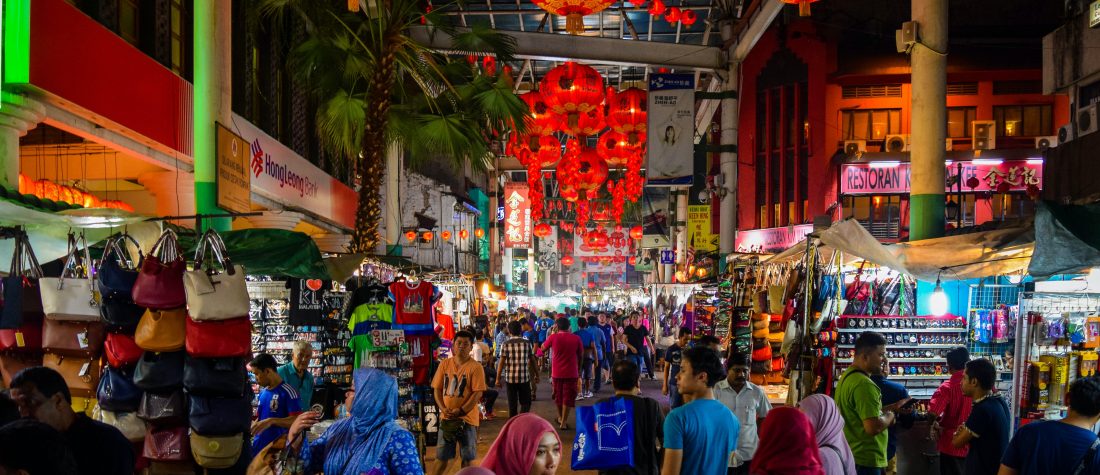After much delay, the European Commission has announced its Corporate Sustainable Governance proposal; It comes amidst criticism that Brussels has fallen behind the US when it comes to enforcing standards for labour rights. A document published last summer by the Directorate General for Trade of the European Commission set out some of the principles the Commission considers to be important, and many of those issues have been picked up by industries seeking to improve their track record on labour rights.
One example is a recent announcement from the Malaysian Palm Oil Association (MPOA), which set out sweeping changes and commitments designed to rid the sector of any indicators of forced or trafficked labour. The commitments, contained with a new Responsible Employment Charter to which the largest Malaysian growers have all agreed, are designed to address serious allegations levelled at Malaysia over the past 18 months by Western authorities like the US State Department and the European Commission.
Claims included concerns that migrant labour from Malaysia’s neighbouring countries is being based on debt bondage systems, in which migrants pay upfront fees to recruiters that then burdens them with debt once they’re in the country. As a result of such serious allegations, the US introduced export blocks on some of the country’s palm oil suppliers.
New dawn
The palm oil industry’s new Charter responds directly to this criticism with an explicit commitment to banning debt bondage. Other commitments include a ban on companies retaining workers’ passports, a commitment from companies to facilitate trade union access and other forms of worker representation; and finally a transparency pledge to publish corrective action plans (CAPs) if future violations of labour rights are detected.
The development is a notable example of private sector industries taking the lead to address labour rights allegations – going further and faster at times even than their own national governments. A blogpost on the industry website Malaysian Palm Labor Facts claimed that “regardless of other efforts that may or may not be undertaken in Malaysia, the private sector palm oil companies are pushing ahead [with labour rights reforms]”.
Palm oil is one of Malaysia’s most successful exports, with two million tonnes exported to the EU alone in 2020, with other major markets like China, India, Pakistan and the US. The newly-announced reforms seem designed to head off growing criticism from the US and Europe: namely that indicators of forced labour are present in the Malaysian agricultural sector, and that government policy to date has not adequately addressed the problem.
The question is a timely one. In both Brussels and Washington attention is turning to how to address labour and human rights issues within global supply chains. The allegations of forced labour camps in Xinjiang in China have concentrated the thinking of many in the West – but other countries, including Western allies, are being caught up in the accelerating regulatory crackdown on forced labour.
The proactive response of the palm oil sector in Malaysia has been mirrored by other countries. Vietnam has implemented International Labour Organisation protocols to maintain its market access to the EU through a Free Trade Agreement.
The Corporate Sustainable Governance proposal will have to balance the demands of MEPs and activists with the expectations of the EU’s trade partners. An attitude of protectionism has influenced EU policy towards palm oil and other imported commodities such as soy in recent years. Developing world governments will be hyper-sensitive to any attempts to use labour rights claims as a pretext for further restricting market access.


